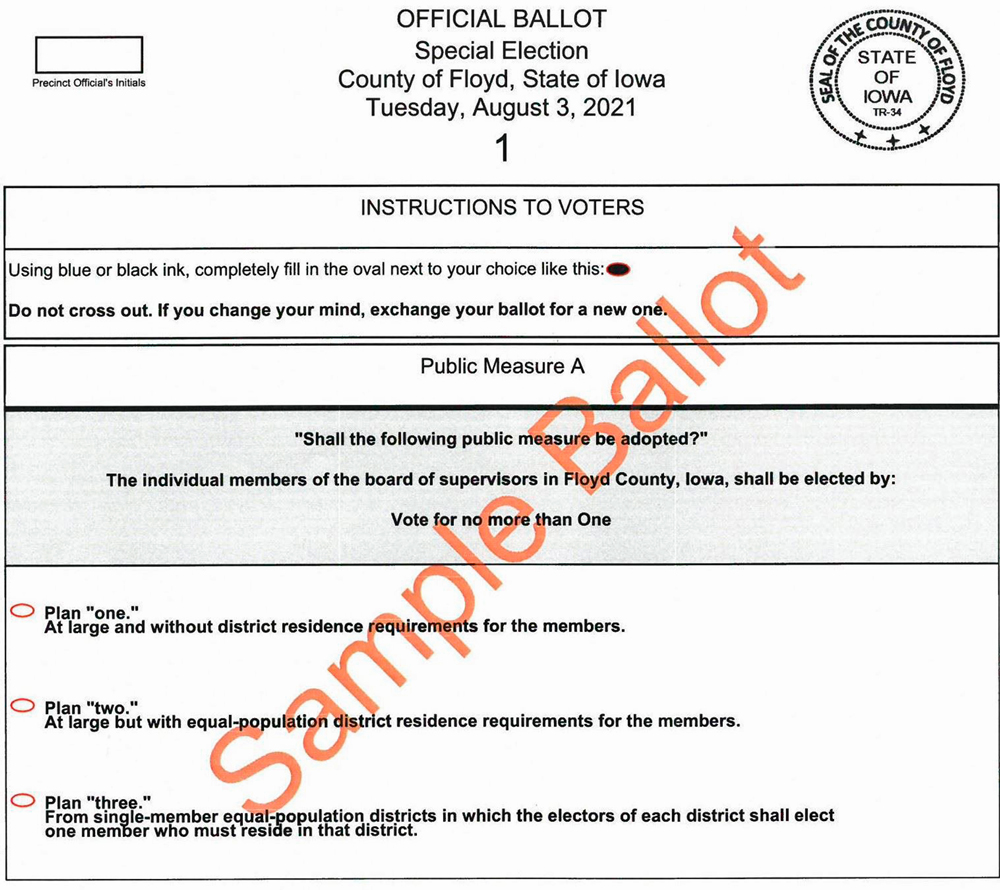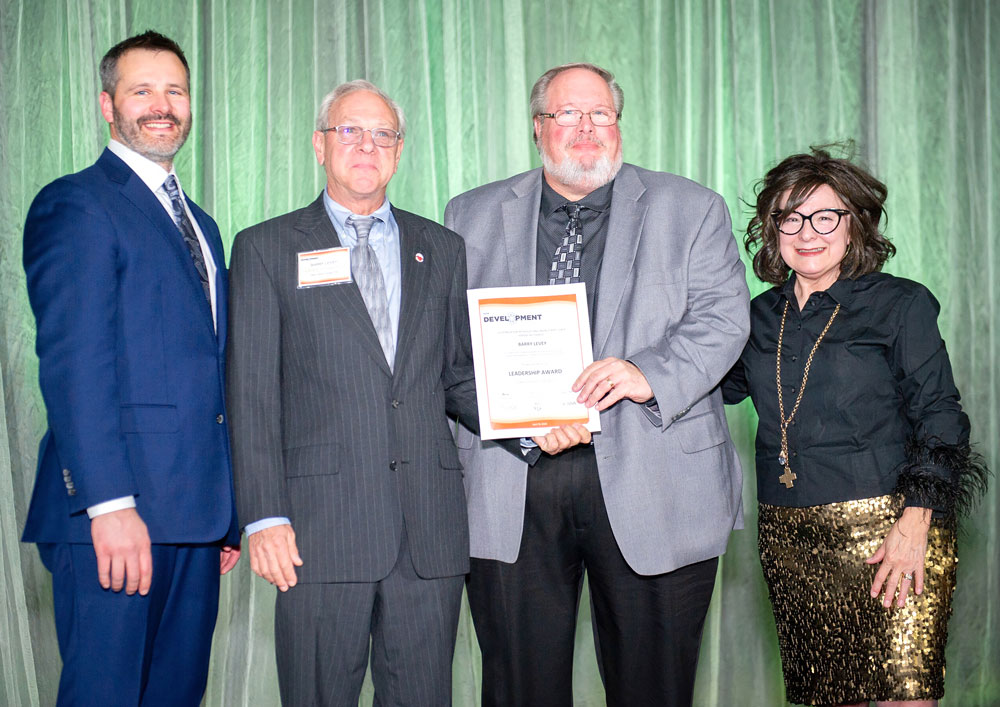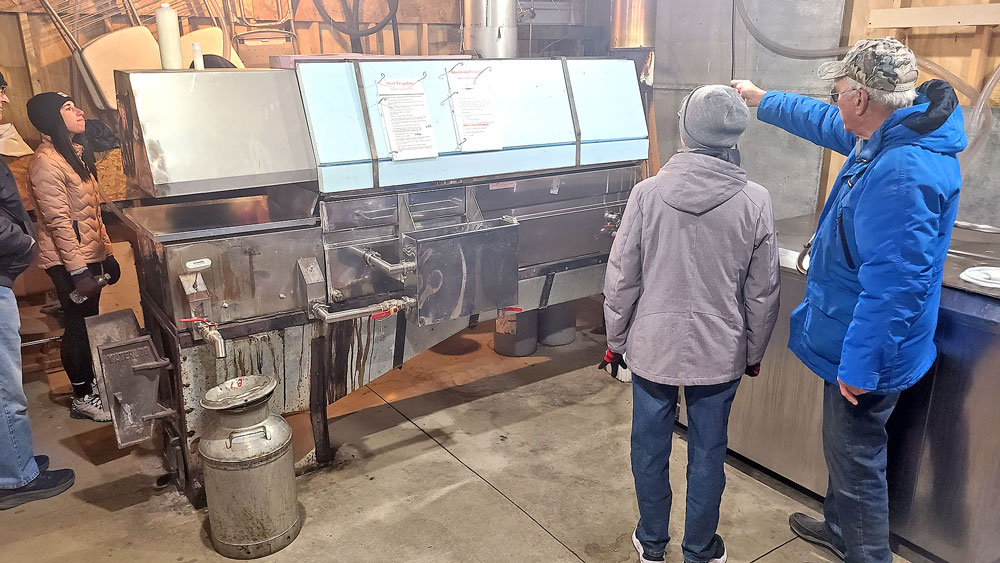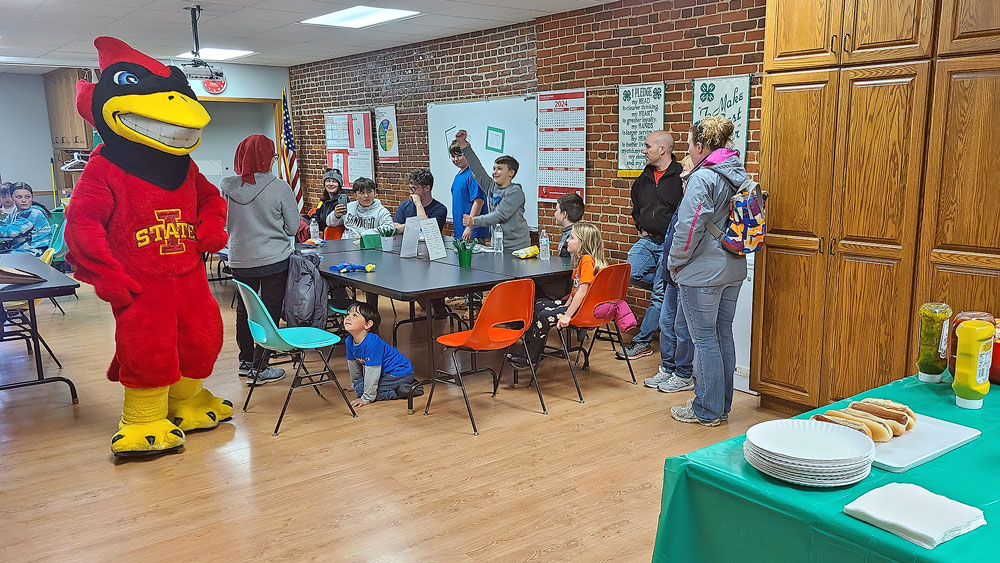Voting law changes in effect for Tuesday’s Floyd County special election

By Bob Steenson, bsteenson@charlescitypress.com
Laws that the state has passed in the last several years setting rules for voter identification as well as new laws this year regarding when and where people can vote are all in effect for the Floyd County special election to be held next Tuesday, Aug. 3.
On the ballot, voters will be asked to select one plan from among three choices for how they want county supervisors to be elected. The plan with the most votes will take effect for the 2022 general election.
The options as they are listed on the ballot are:
• Plan “one.” At large and without district residence requirements for the members.
• Plan “two.” At large but with equal-population district residence requirements for the members.
• Plan “three.” From single-member equal-population districts in which the electors of each district shall elect one member who must reside in that district.
County Auditor Gloria Carr, the commission of elections, said that all eight polling places in the county will be open from 7 a.m. until 8 p.m. on Tuesday. New state election rules set polling hours the same for all elections. Previously some election had polls open to 7 p.m. and some until 9 p.m.
Iowa law requires that voters vote in the precinct in which they live, Carr said. The exception is in-person absentee voting, which is done at the Auditor’s Office in the courthouse.
Absentee in-person voting is still possible today (Friday) and Monday until 5 p.m. each day.
As of Thursday afternoon there had been 150 absentee ballots either mailed out or voted in person at the auditor’s office, Carr said.
“Voters who vote absentee in person at the auditor’s office or who vote at the polls must provide proof of identity,” she said.
Approved identification includes an Iowa driver’s license or non-operator ID (not expired more than 90 days); a US Passport, Military ID or Veteran ID (any of which are not expired); an Iowa Voter Identification Card (signed, and with a voter personal identification number); or a tribal ID card or document, which must be signed, not expired and include a photo.
If a voter has moved to a different precinct, the voter must also provide proof of residence if the proof of identity does not contain the current address, Carr said. Proof of residency must include name and current address and be current within 45 days and may be in an electronic format or on paper.
Allowable documents include a residential lease, utility bill (including a cell phone bill), bank statement, paycheck, government check, other government document, or property tax statement.
Voters who live in Floyd County but are not registered to vote may vote in the auditor’s office prior to Election Day or at the polls as an election day registrant by providing proof of identity and residency.
Voters who are unable to show ID or prove residence if required may have their identities attested to by another registered voter who resides in the same precinct or they have the right to cast a provisional ballot. Attesters for an election day registrant must also show ID.
Absentee ballots that were mailed to voters must be received back in the county auditor’s office by 8 p.m. on election day, Carr said. In previous elections ballots were valid if postmarked before election day and received by the Monday following the election. That is no longer the case.
The only people who may return a voted absentee ballot other than the voter are someone living in the voter’s household, an immediate family member, two precinct election officials who deliver a ballot to certain health care facilities, or a “delivery agent” for voters unable to return a ballot due to disability.
“Persons interested in being a precinct election official (PEO) may complete an application in the auditor’s office,” Carr said. PEOs must be willing to use technology such as laptops or tablets and operate voting and scanning equipment.
“We’re glad to add more workers to our list,” Carr said. “We make every effort to assign PEOs to work in the precinct where they reside. However, if needed, a PEO may be assigned to work at a different precinct.”









Social Share